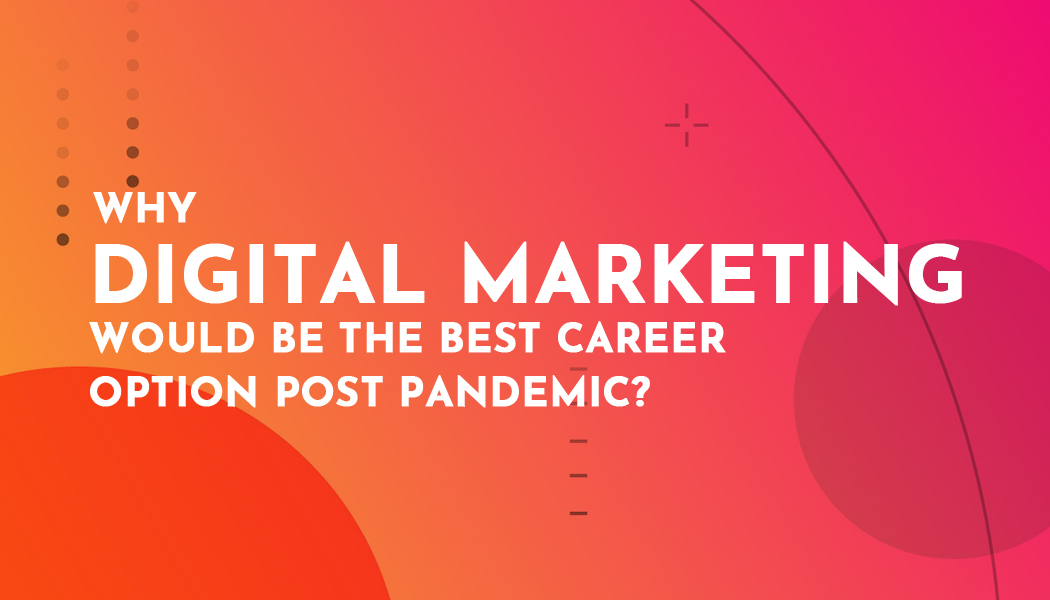What to Know In the Current World of Content Marketing
Along with working with local website designers to create a high-quality, well-optimized, and user-friendly site, perhaps the best thing you can understand for your business in 2022 and going forward is the importance of content marketing.
Content marketing is a field that constantly evolves, which means you can’t set and forget your strategy.
You need to keep up-to-date with everything that’s going on and stay ahead of changes and trends, rather than always working to keep up from behind.
Below, we detail everything you need to know for a cohesive, effective content marketing strategy for the rest of 2022.
What is Content Marketing?
First, the basics—what is content marketing?
Content marketing is a strategic approach to creating and distributing content.
That content should be relevant, create value for the audience, and it should be something you’re delivering consistently. Your goal is ultimately to drive customers to take action, which increases the profits of your business, but in no way should your content marketing take a hard-sell approach.
The world’s top brands use content marketing extensively, and there’s a reason for that—it works.
Good content marketing leads to increased sales, customer loyalty, and cost savings. Your content becomes a profit center for your business, no matter its size.
Content is created and distributed across all specific areas of your marketing, including social media, SEO, PPC, and inbound marketing.
With content marketing, you’re not pitching services or products. Instead, you’re helping your audience in some way. You’re filling a need they have for information. Then, the objective is that over time, with regularly, consistently valuable content, you’re developing a relationship with your audience, and you’re establishing yourself as an authority. Then, the audience can trust you and, in doing so, give you their business and loyalty.
Three of the most important things that need to be present in content marketing are:
-
Relevance: In order to build relationships with your audience, you have to be speaking to them and who they are. You need to appeal to their interests and answer the questions they have. It’s not about simply providing them with the perspective of your business. You’re coming from their perspective, meaning that good content marketing is built on a foundation of deeply understanding your targeted audience.
-
Value: Content marketing delivers very real, specific value to the audience. For example, maybe it’s a set of how-to guides or information that a buyer needs as they’re making a purchasing decision.
-
Consistency: Your content marketing strategy needs to be consistent, so you’re committing to producing high-quality content on a regular, reliable basis. Your audience comes to expect your content on a certain schedule, and you stick to that.
Why Is Content Marketing Important for Every Business?
Don’t make the mistake of thinking content marketing isn’t relevant to your business or your business is too small for a content marketing strategy. It’s appropriate for literally every business.
Some of the reasons it has such importance in the modern business environment include:
-
You can build or improve your overall organizational reputation with the content you create. You’re building trust, and that trust then conveys a positive overall brand image and reputation. Consider how your audience is going to feel if your content is valuable and engaging. They’re going to start to cultivate a similar sensibility toward your business as a whole.
-
While the goal of content isn’t to sell, it can, in fact, influence conversions. Research shows content marketing can produce conversion rates that are around six times higher than other types of marketing.
-
When you create content, you should always optimize it so that you’re improving your search engine optimization (SEO). SEO is what allows you to gain visibility for your business. The more content you have on your site, the more pages that are available for a search engine to index and ultimately show users when they’re searching for something.
-
Overall, content marketing can be a very cost-effective way to get leads. The affordability is a big advantage for small businesses that don’t necessarily have huge marketing budgets. You can get a lot of results from a minimal investment into a piece of content.
-
Your content marketing is a good differentiator between you and your competitors. You can create your own voice, and that’s something that no one is going to be able to replicate, even when they can otherwise deliver similar products or services.
-
Content plays a role in each step of a marketing funnel. At the top of the funnel, prospects are becoming aware of what their problems are and the fact that they need solutions. Your content during this stage can educate them and provide them with solutions and information. By the time customers reach the middle of the funnel, your content can move toward educating leads on the available options, and at the bottom of the funnel, you’re empowering your audience to make an informed buying decision.
What Are the Types of Content Marketing?
Content marketing isn’t just blogging, although this is a big part of the equation. Content marketing can also include:
-
Infographics
-
Visual content
-
Podcasts
-
Videos
-
Emails
-
Lead magnets
-
eBooks
-
Whitepapers
-
Quizzes, Courses
-
Webinars
-
Social media posts
These aren’t even all of the ways you can produce content marketing.
The more you can publish content across multiple formats, the more people are likely to see it, and the more you’re going to grow your audience. When you’re working on having a lot of different types of content, you can also go to the many places your targeted audiences are spending time online.
How to Create a Content Marketing Strategy
Regardless of your industry, budget, or the size of your business, the following are general tips that can help you create a powerful content marketing strategy geared toward growth.
Set Your Goals
Don’t do anything else until you have specific, measurable goals in place. You can also create a mission statement that’s specific to your content marketing.
These are things that are going to help you stay on track. Your content marketing goals and mission need to include details of your target audience, the types of content you’re going to initially focus on, and the benefit this content is going to deliver to your audience.
Once you’ve set your general mission and goals for your content marketing strategy, you can then develop business goals.
Try to focus on just a few at first. For example, maybe your goals are generating more traffic to your site and improving your SEO efforts.
You can set key performance indicators that match up with your business goals. Maybe you’re using your site traffic and content engagement as your primary KPIs. You could also pick some of your most important pages and track their rankings in search engines as your KPIs.
Understand Your Audience
Successful content marketing relies on having a deep understanding of your audience.
Who are they?
What do they need?
Where are they most likely to access content?
What’s important and valuable to them?
To create audience personas, you can start with the collection of data. Look at who’s already visiting your site, signing up for your emails, or following you on social media.
What’s their average age? Income? Education? Gender?
You can use Google Analytics to delve more deeply into the interests of your current audience. Google Analytics lets you look at an overview of their interests, and you can figure out how you can appeal to those interests with the content you create.
You can also use social media analytics to get similar information.
When you have demographic and customer information, you can start to build buyer personas. You’re describing your ideal audience so that you’re targeting your content as specifically as possible.
What motivates them to make buying decisions? What type of content will your audience most respond to, and how can it help them in their real lives?
Identify Content Channels
By now, you likely have an idea of where your audience is “hanging out.” You can’t do it all, so especially early on, you want to focus on the content channels that are going to bring you the best ROI.
You can focus on what you know is currently working and then build-out.
For example, if most of your engagement seems to come from your blog, you can begin with developing more written content. On the other hand, if you get most of your current engagement from social media, maybe your content strategy focuses on short, digestible, and shareable content that does well on social media.
As a side note, making your content shareable is critical. When you create shareable content, you can then identify link-building strategies that work, which is also essential for your search engine rankings.
Play to your strengths when you’re developing content if you’re not outsourcing it. If you’re not a great writer, that’s okay, you can do videos or podcasts instead, for example.
Finally, as part of building your initial strategy, decide on a publication schedule. Create a calendar that goes out for at least three months, where you commit to what you’re going to publish and when. As mentioned above, you want your audience to know you’re consistent with your content creation so they can expect it on a regular basis.




